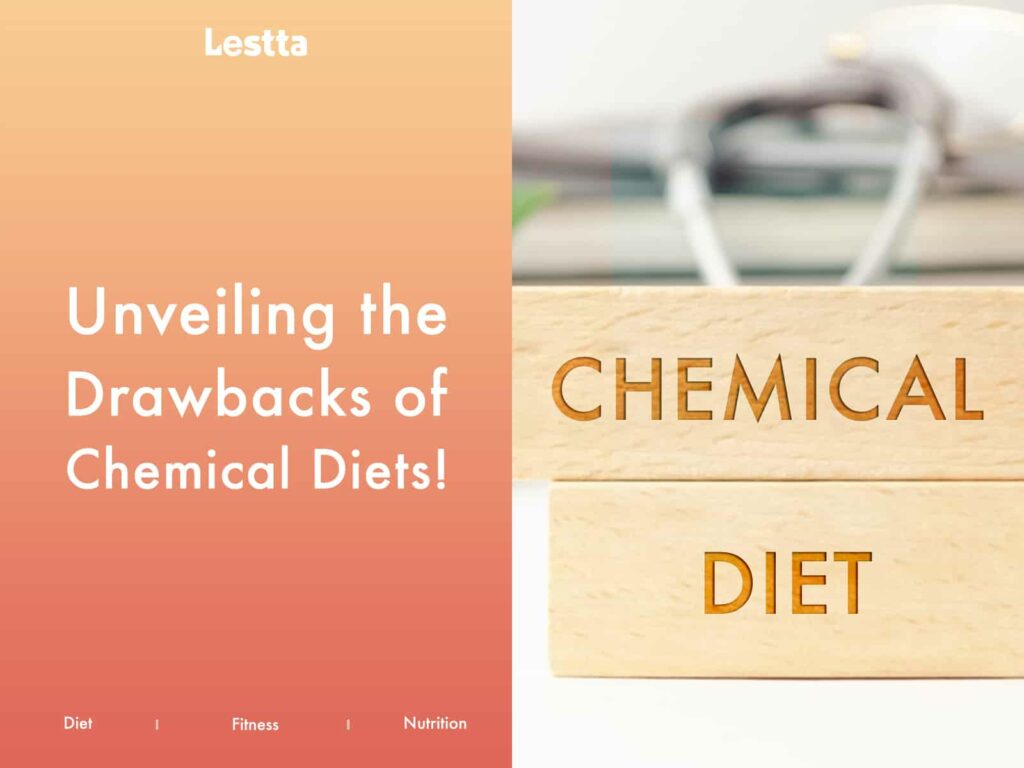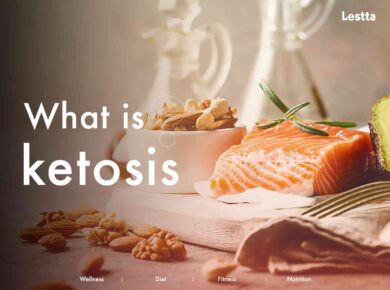
In a world where instant gratification and quick-fix solutions are highly sought after, chemical diets gained popularity, although they have serious drawbacks. As promising rapid weight loss and an easy way to shed unwanted pounds, these diets often rely on artificial substances and heavily processed ingredients.
However, beneath the allure of rapid results lies a myriad of drawbacks that can significantly impact our health and well-being. In this article, we will delve into the drawbacks of chemical diets. Allowing our audience to prioritize long-term health over short-term gains.
1. Lack of Nutritional Value
One of the primary drawbacks of chemical diets is their lack of nutritional value. These diets often emphasize highly processed and chemically altered foods, which are stripped of essential nutrients and fiber.
Instead of nourishing our bodies with wholesome, nutrient-dense foods, we find ourselves consuming artificial additives. And preservatives, and flavor enhancers that offer little to no nutritional benefit.
By depriving ourselves of vital nutrients, we risk experiencing deficiencies in key vitamins, minerals, and antioxidants that are crucial for maintaining optimal health.
Such deficiencies can lead to weakened immune systems, impaired organ function, and increased susceptibility to various diseases and illnesses.
2. Potential for Harmful Side Effects
Chemical diets frequently incorporate synthetic substances, artificial sweeteners, and various additives to enhance taste, texture, and shelf life. Unfortunately, these additives can have detrimental effects on our bodies.
Artificial sweeteners, for instance, have been linked to an increased risk of metabolic disorders. This may result in disrupted gut microbiota, and even potential negative effects on mental health.
Furthermore, the extensive use of chemicals in processed foods has raised concerns about their long-term impact on human health. Studies have associated certain food additives with allergic reactions, hormonal imbalances, and even an elevated risk of cancer.
It is crucial to understand that our bodies are not designed to process such chemical-laden substances regularly, making it essential to choose natural, whole foods instead.
3. Unsustainable Weight Loss
While chemical diets may promise quick weight loss, it is often short-lived and unsustainable. These diets typically rely on severe caloric restrictions, meal replacements, or the complete elimination of food groups. This may lead to a temporary drop in weight.
However, once the diet ends or normal eating habits are resumed, the lost weight often returns, and sometimes even more.
Moreover, the restrictive nature of chemical diets can negatively impact our relationship with food. It fosters an unhealthy mindset surrounding eating and can lead to feelings of guilt, deprivation, and a distorted body image.
Developing a sustainable approach to weight loss, centered around balanced nutrition and mindful eating, is far more beneficial for long-term success and overall well-being.
Conclusion
Instead of resorting to chemical diets, we should focus on consuming whole, unprocessed foods that provide our bodies with essential nutrients, support natural bodily functions, and promote overall vitality.
Adopting a lifestyle centered around balanced nutrition, regular physical activity, and self-care will not only lead to sustainable weight management but also enhance our long-term health and well-being.
Let us remember that our bodies are intricate ecosystems that thrive on genuine nourishment. By making conscious choices and embracing a sustainable approach to our dietary habits, we can ensure that we prioritize our health and enjoy a vibrant, fulfilling life for years to come.









